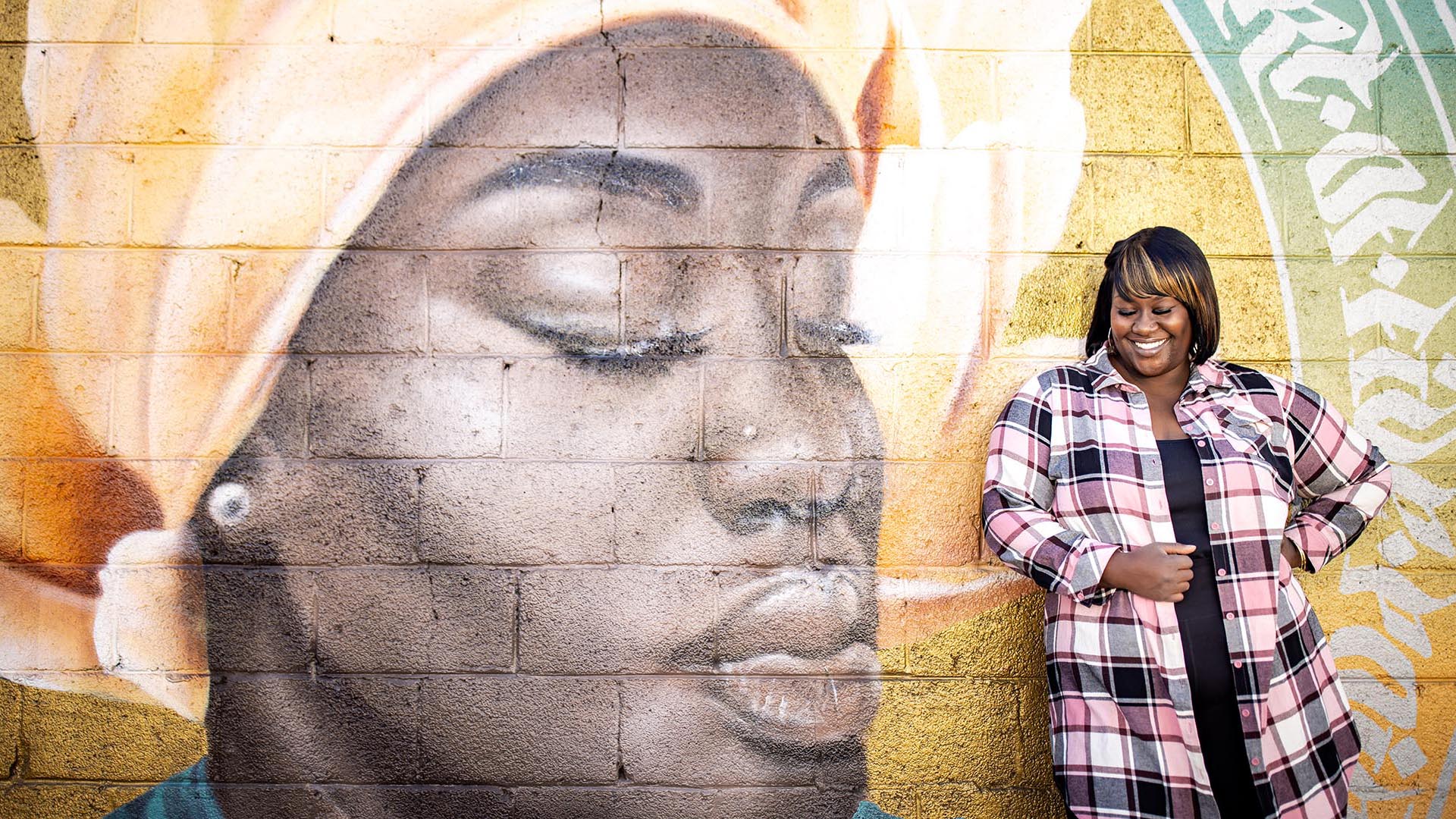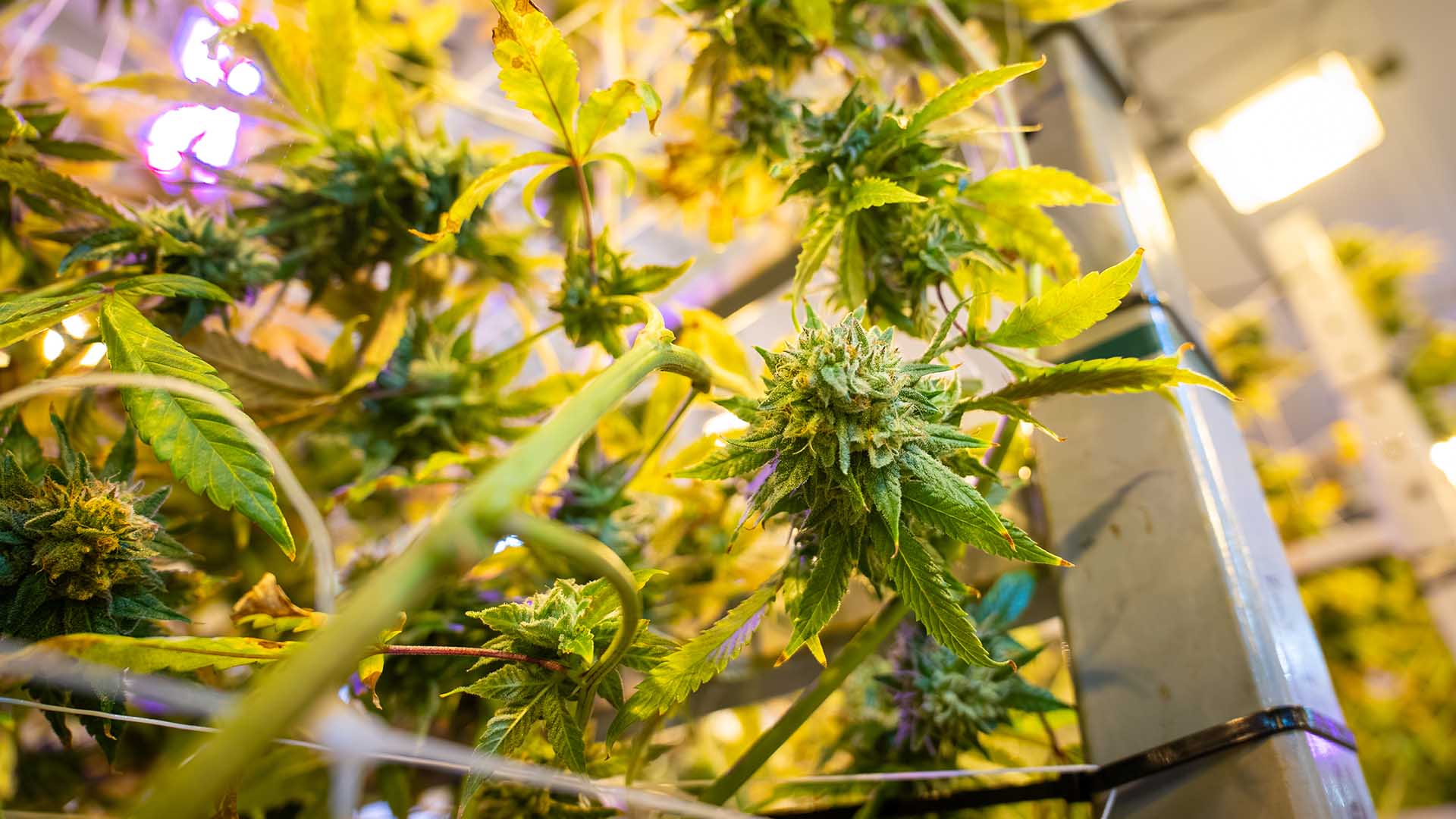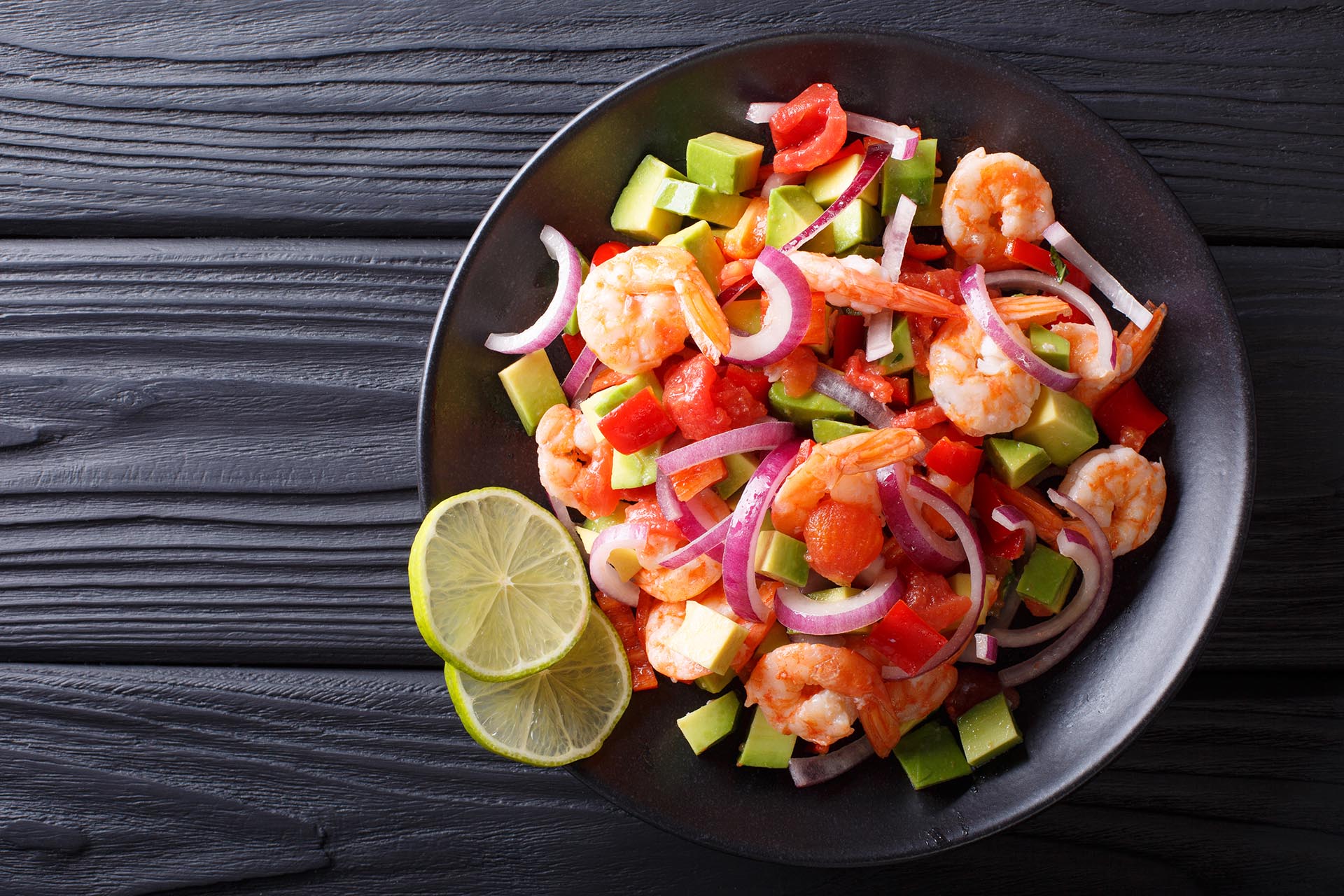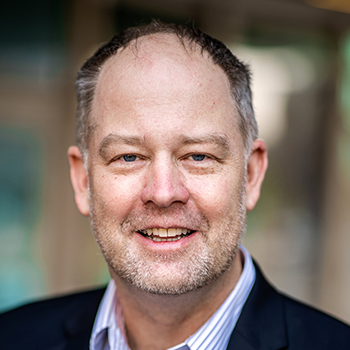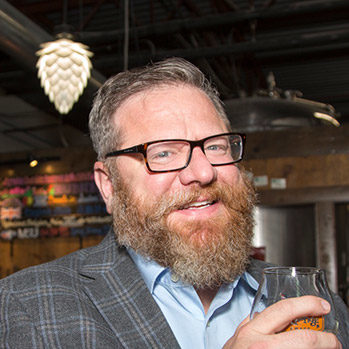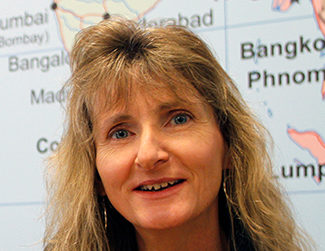Hospitality Learning Center turns 10
On-campus hotel, adjoining MSU Denver learning facility celebrate a decadelong public-private partnership helping to power Colorado's hospitality industry.
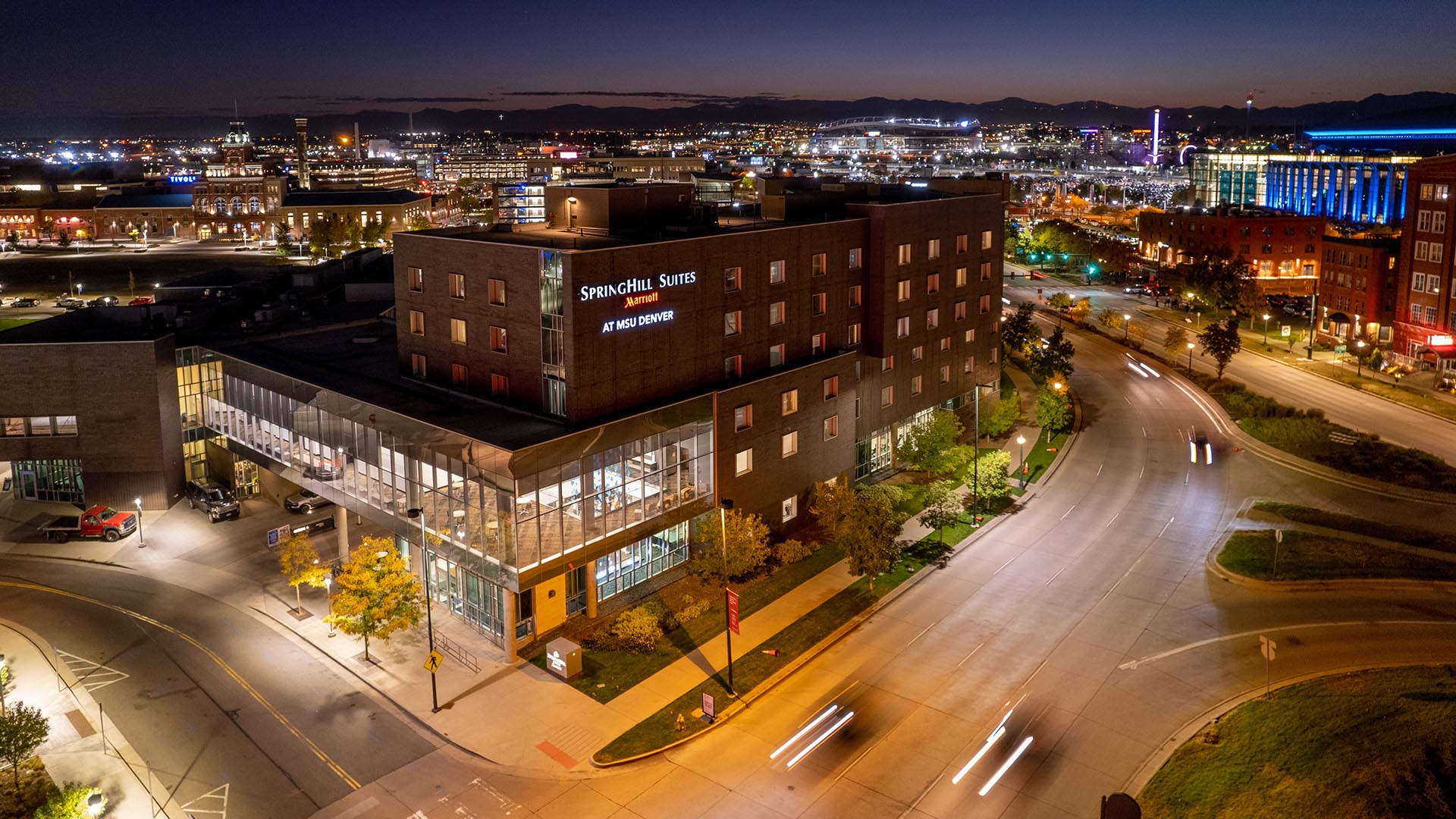
This story appears in the winter 2022 issue of RED Magazine.
Jazmaray Martinez loves Denver — and loves sharing it with people.
She’s parlayed that love into a career at the Maven Hotel in Dairy Block in Lower Downtown Denver, where she works as the event sales manager. And though Martinez has quickly risen through the ranks due to her undeniable aptitude, she needs only to look down the street to pinpoint where she honed her skills: Metropolitan State University of Denver’s Hotel and Hospitality Learning Center (HLC).
The HLC, which celebrates its 10th anniversary this year, was developed through a pioneering public-private partnership. For a decade, the hybrid hotel and learning facility has shaped the careers of the MSU Denver students and graduates who help to power Colorado’s booming hospitality industry.
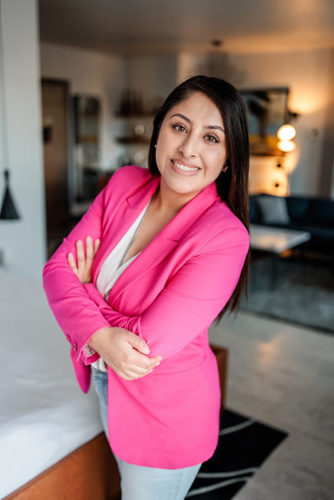
“It’s the perfect location and the perfect opportunity for Hospitality students,” said Martinez, who graduated in 2019 from MSU Denver’s School of Hospitality. “You’re able to get hands-on experience literally next door to where you’re taking classes.
“It’s even better when the person teaching them is the one running the hotel.”
A class of its own
That instructor is Scotti Gladney, general manager of the SpringHill Suites by Marriott Denver Downtown, a 150-room, fully functional hotel and event space that serves as a laboratory for MSU Denver Hospitality students learning all aspects of their future industry. Gladney also teaches Hospitality Operations at the University.
Attached to the property is MSU Denver’s 30,000-square-foot Hospitality Learning Center. In addition to the hotel, the structure houses Degree Metropolitan Food + Drink, a 72-seat gastropub with five mixology stations; high-tech food-demonstration theatres; and a home base for the Beer Industry Labs. The labs comprise the forthcoming Charlie Papazian Brewing Education Lab, to be housed in the HLC lobby, and the Tivoli Student Union-based Quality Analysis and Quality Control Lab. The latter was launched in partnership with the Siebel Institute of Technology to provide fee-for-service analysis of wine, beer and spirits.
RELATED: New beer lab honors Colorado craft-beer pioneer
“The HLC is a groundbreaking model,” said Eric D. Olson, Ph.D., interim dean of the School of Hospitality. “It’s truly at the forefront of the industry for experiential learning.”
Other programmatic highlights include:
• The Dimond Fellows Program which was established by industry leaders Rita and Navin Dimond of Stonebridge Cos., and offers students comprehensive real-world training in the field.
• The Day Leadership Academy, established by famed restaurateurs Frank and Gina Day.
• A partnership with the 150-year-old Tivoli Brewing Co., where students learn by working with an on-campus 30-barrel system and in the adjoining taproom.
• The administrative home of the Colorado Meeting and Events Incentive Program, a $10 million effort of the state to aid in the industry’s pandemic recovery.
“The setup we have at MSU Denver is a habitual success story,” Gladney said. “Something great always comes out of here. There’s really nothing else like it.”
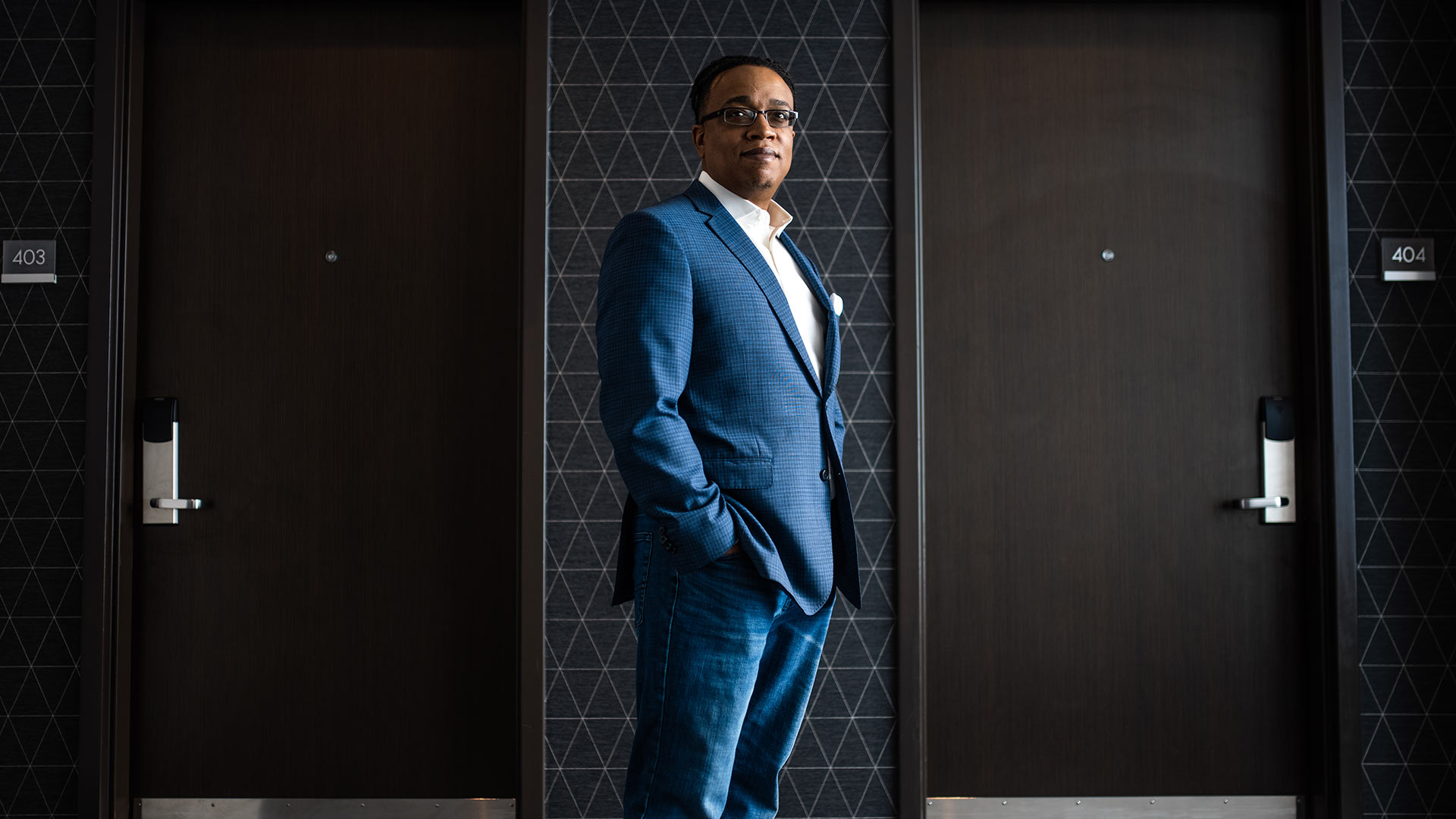
That’s no accident. Since Gladney took over as the hotel’s general manager in 2017, he has made it a point to integrate students into roles that enrich the guest experience, from a seamless check-in to dining. And the results speak for themselves: The comparatively small property recently landed at No. 2 on a TripAdvisor Traveler ranking of Denver-area hotels.
For Gladney, it’s an example of what happens when a transformative idea is actualized with precision and heart.
“You can only be first when people are working together in service,” he said. “When we take care of each other, it’s a lot easier to take care of our guests.”
Hospitality history
The center’s welcoming space is a far cry from the Hospitality program’s humble beginnings on campus. The program’s original home had windowless offices and classrooms that would be converted into makeshift restaurant spaces, recalled longtime Professor Michael Wray, Ph.D.
“Fortunately, we had visionary faculty, a newly hired transformative president (Stephen Jordan, Ph.D.), a supportive Board of Trustees, fundraising wherewithal and a design approach that helped turn an idea into reality,” Wray said.
That idea was a physical space for students that could be inspirational for learning and, when combined with expert faculty members and a prime downtown Denver location, could serve as a nationally recognized hub for hospitality.
Realizing that idea was no small feat, as it required the school to venture into property ownership — something it hadn’t done prior to 2012.
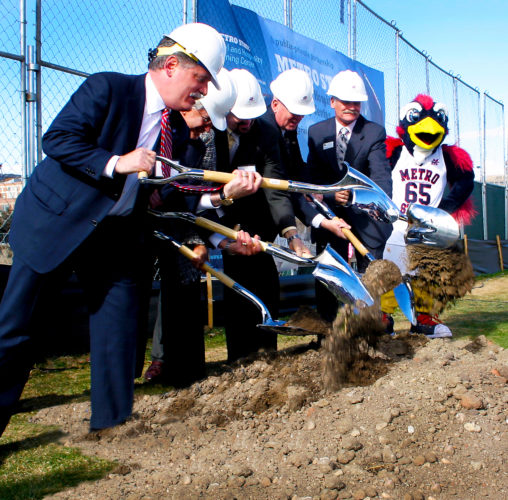
Wray credited then-MSU Denver President Jordan for drawing on an entrepreneurial background to develop new revenue streams. He noted that Jordan’s nontraditional approach to public-private partnerships mirrored the nature of an institution whose access-driven mission necessitated keeping tuition affordable without Division I athletic revenue or land-grant dollars.
Wray also lauded Trustee Dawn Bookhardt, who was critical in leading the necessary bond issuance and navigating zoning restrictions, and faculty member Chad Gruhl, who oversaw the academic strategy for the project.
Strategic approaches to funding involved tapping into Obama-era stimulus resources that provided low-cost construction loans, along with using successful fundraising and hotel operational revenues to reduce interest accrual.
One unique aspect of the HLC journey championed by Bookhardt and Gruhl was the request-for-proposal process, Wray said, noting that the effort laid the groundwork for partnerships that bear fruit to this day. That request was for an architect, construction company and operator to propose as a team, comprehensively integrating the design, cost estimate, operational plan and means to lead the fundraising efforts.
After reviewing a variety of proposals, the team of Sage Hospitality, led by Walter Isenberg; RNL Architecture; and Mortenson Construction was awarded the contract for the HLC design, construction and operation. When the building’s doors opened Aug. 12, 2012, an unheard-of 80%-plus hotel occupancy shattered expectations, while the LEED Gold-certified facilities netted several awards, including a Downtown Denver Partnership nod.
Wray attributed the success to positivity and can-do spirit. “You’re compounded with all the reasons why you can’t do something,” he said, “but you find a way to get it done.”
Future in focus
While hospitality education at MSU Denver has come a long way, the pandemic demonstrated that change is the only constant. Fortunately, the University’s community members are adept adaptors.
RELATED: Students get a taste of the cannabis industry
Olson, the interim dean, expects the School of Hospitality to continue building relationships with industry partners and using data to drive decisions. He sees potential growth in areas such as the legal-cannabis market, gaming and casino management, and credentialing at various stages of hospitality career progression.
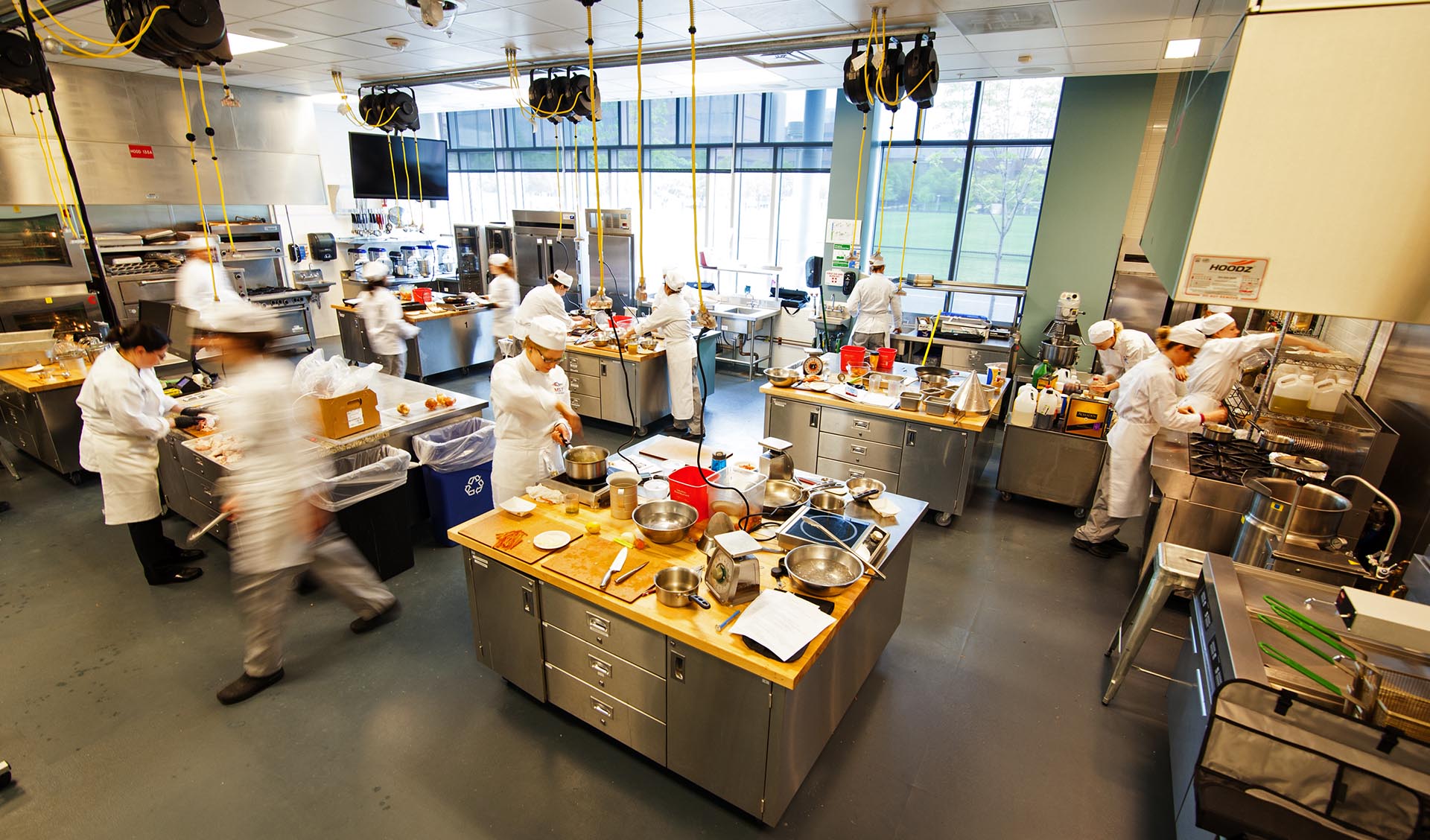
Olson, who will head to Vietnam as a Fulbright Scholar in spring, also highlighted the international representation among the faculty, whose members speak 12 languages, and the importance of incorporating multiple lenses of diversity, equity and inclusion into a hospitality education.
“Whether it’s race, ethnicity, ability, sexual orientation, gender expression and more, the heart of what we do is bring people together,” he said.
That connectivity is what drew Joan Nadeau back to campus, as well as an opportunity to invest in her future. After nearly four decades working with the U.S. Geological Survey and the Bureau of Land Management, the Events and Meeting Management student has witnessed much of the program’s growth, attending part-time since 2014.
Nadeau and other students planned the center’s recent 10-year anniversary celebration, which included overseeing food and beverage, décor and entertainment. Perhaps not surprisingly, she’s working on the project as a part of a senior capstone course.
“I’ve seen a lot of changes during my time here … and it’s been a really wonderful experience,” said Nadeau, who co-led the planning of the center’s 10th-anniversary celebration in November and will graduate in spring. “With all of the industry organizations right downtown and the expert faculty, you couldn’t ask for a better opportunity.”
For Martinez, who majored in Event and Meeting Management with a minor in Hotel Management while at the University, that opportunity included becoming a Dimond Fellow at the DoubleTree by Hilton Hotel Denver Tech Center, where she gained valuable hands-on experience.
Now on a five-star trajectory in the hospitality industry, Martinez reflected on what inspired the journey in the first place: She returned home to Denver after her first foray at college didn’t go as expected and remembers feeling welcomed in her hometown and by her family.
“My family would get together every Sunday for great meals and conversation,” she said. “And that sparked it. I knew I wanted to create an exceptional experience by welcoming others in.”

